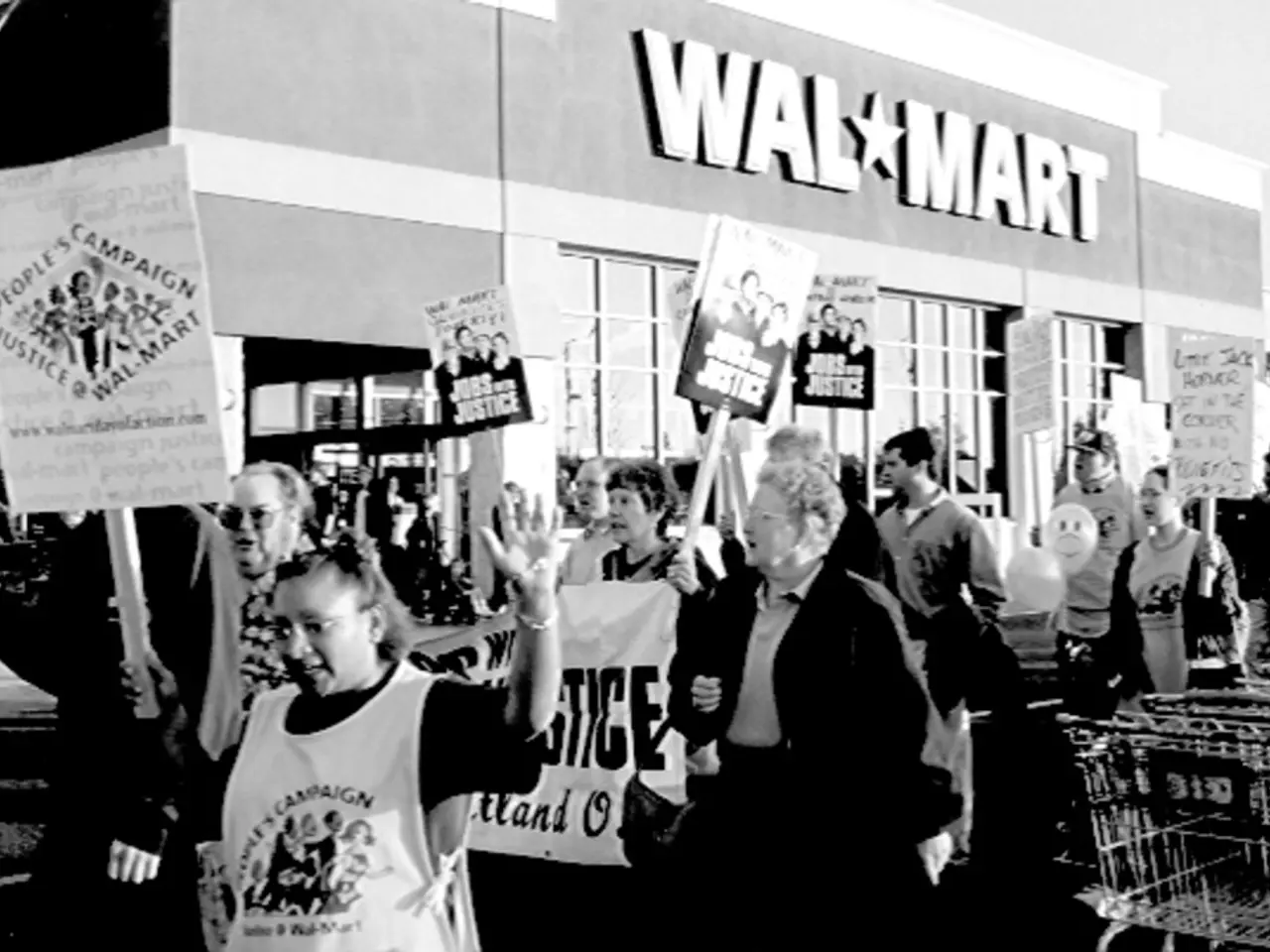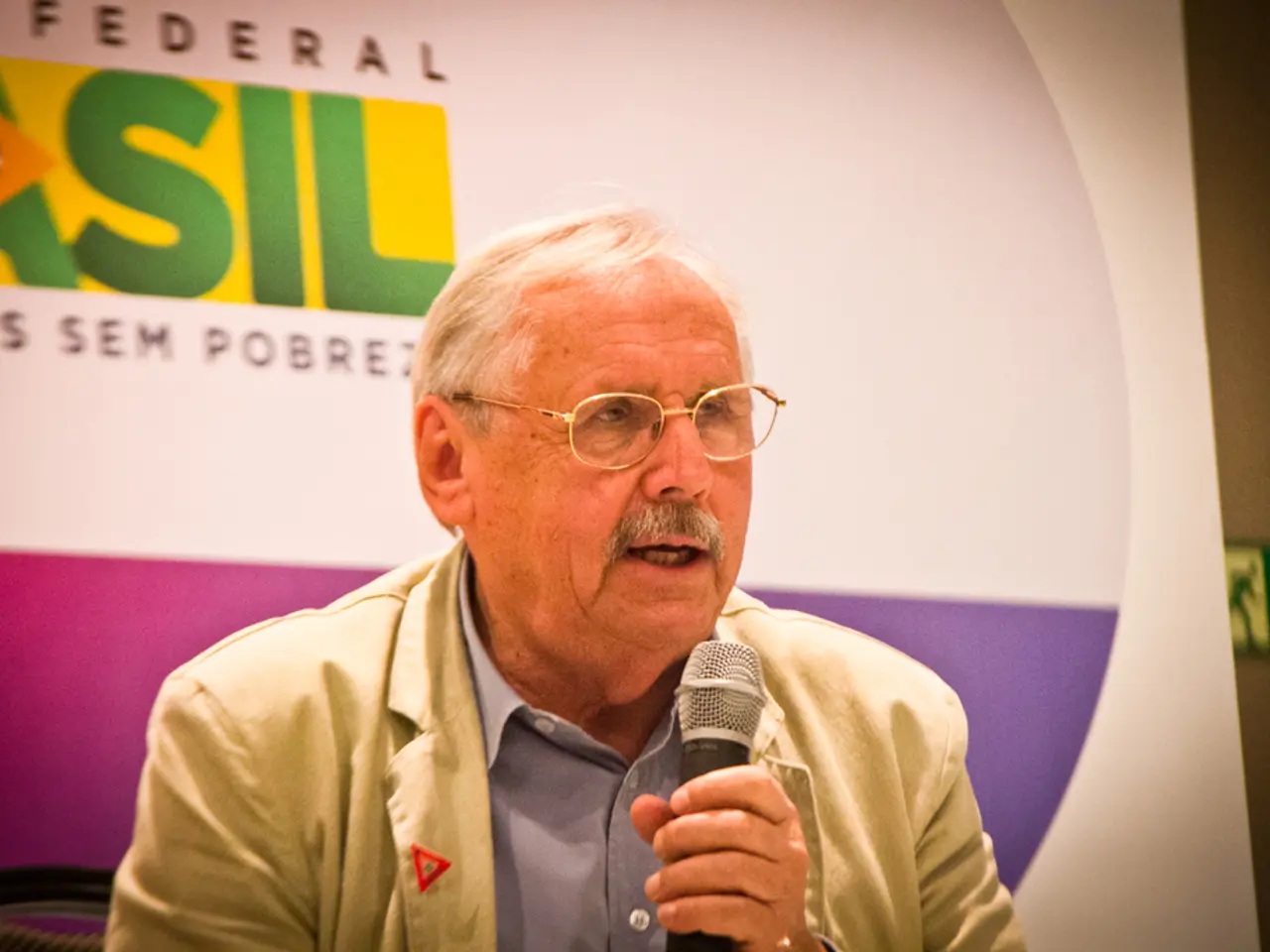Citywide March in Erfurt 50 Years Ago: Algerians Forced through Streets
In August 1975, a series of racially motivated riots took place in the city of Erfurt, Thuringia, targeting 25 Algerian contract workers. These events, which lasted for three days, from August 10 to 13, have been remembered in recent years, most notably in 2025, with a series of commemorative events organised by the University of Erfurt and other institutions [2].
The riots were a reflection of the racially charged atmosphere during East Germany’s period. While detailed investigation records from the era are limited in publicly available sources, these commemorative events represent a contemporary effort to recognise and critically reflect on the racist violence that occurred [2].
The impact of these events is evident in their memorialisation, aimed at fostering public awareness and scholarly examination of East Germany's social and racial tensions. The investigations into such incidents historically were constrained by the political conditions in East Germany, but modern research and oral history projects have sought to reconstruct the experiences and consequences of the riots for the affected communities [2].
Historian Annegret Schuele suggests that the riots show that racism and far-right attitudes had survived the end of the Hitler regime in the DDR. Similarly, historian Harry Waibel wrote a brochure on the riots, published by the Landeszentrale für politische Bildung in 2024 [1].
It's worth noting that similar state agreements regulating the employment of foreign contract workers also existed with Vietnam and Angola. However, research into the Erfurt incidents has only begun in recent years, with a dedicated research project ongoing at the University of Erfurt [3].
Around two dozen proceedings were initiated against Erfurters suspected of involvement in the attacks, and five individuals were held legally accountable as "ringleaders and hooligans" in relation to the riots. In addition, three former contract workers are expected to attend a roundtable discussion as part of the commemorative events [3].
The Algerian migrant workers in the DDR were deliberately housed separately in dormitories and not meant to become part of DDR society. More than 8,000 Algerian migrant workers were active in the DDR between 1974 and 1984 [1].
The DDR security authorities investigated the riots after they occurred, but specific official inquiries into the Erfurt riots themselves are less documented in the available results [1]. However, events like these provide a crucial opportunity for reflection and understanding of the past, serving as a reminder of the importance of combating racism and fostering inclusivity in society.
References:
[1] Waibel, H. (2024). Brochure on the Erfurt Riots. Landeszentrale für politische Bildung. [2] University of Erfurt. (2025). Commemorating the 1975 Erfurt Riots. Retrieved from https://www.uni-erfurt.de/en/news/news-archive/2025/08/10/commemorating-the-1975-erfurt-riots/ [3] University of Erfurt. (n.d.). Research Project on the Erfurt Incidents. Retrieved from https://www.uni-erfurt.de/en/research/research-projects/research-project-erfurt-incidents/
Politics surrounding the Erfurt riots in 1975, which targeted Algerian contract workers, is still a topic of general-news interest today, particularly in light of the commemorative events organized by the University of Erfurt and other institutions [2]. Crime-and-justice investigations into the riots have been reconstructed through modern research and oral history projects, shedding light on the racist violence that occurred and its impact on affected communities [2].





